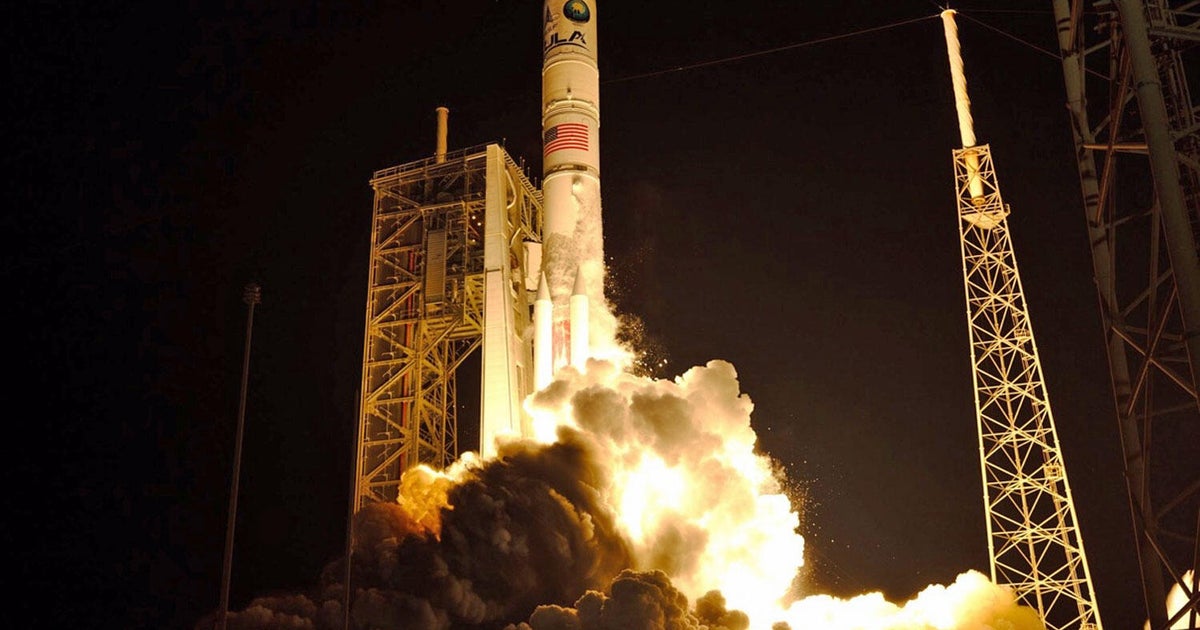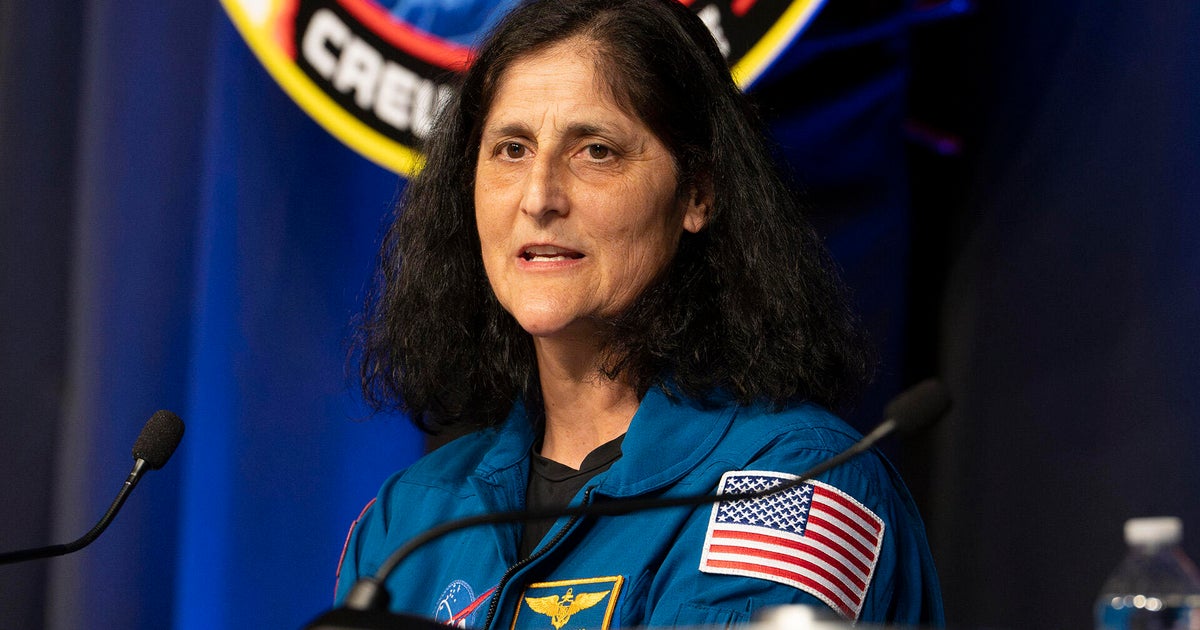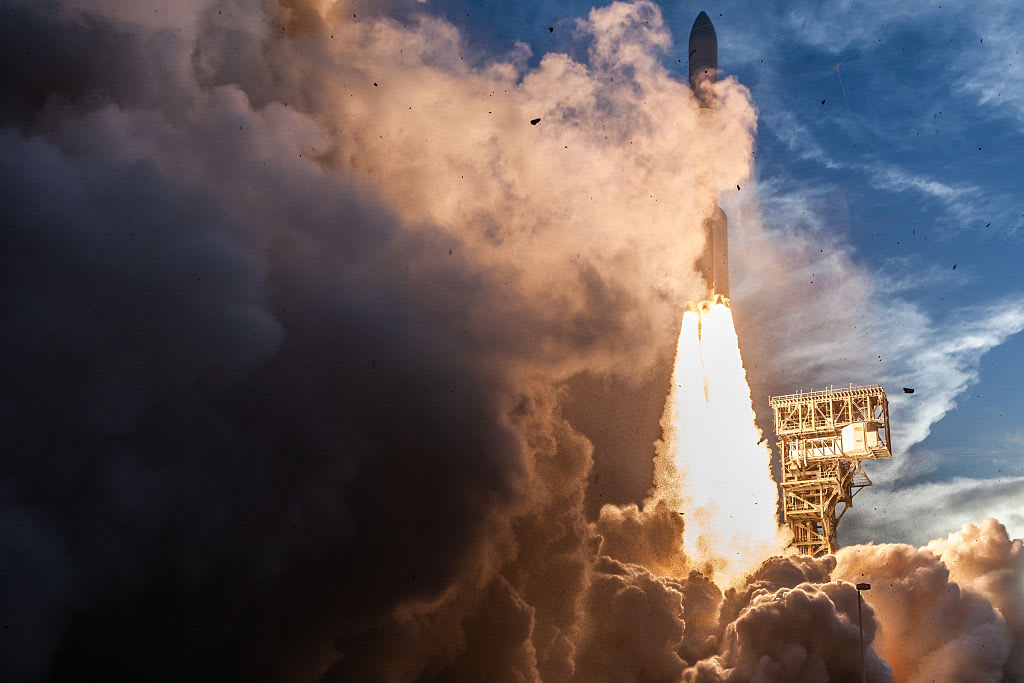SpaceX launches communications satellite atop Falcon 9 rocket
A SpaceX Falcon 9 rocket carrying a communications satellite for mobile and broadband service over the Asia-Pacific region blasted off from Cape Canaveral and vaulted into space Monday, just 11 days after another Falcon 9 took off from the same pad on a supply run to the International Space Station.
As with that December 5 flight, the Falcon 9's twice-flown first stage returned to Earth after boosting the vehicle out of the dense lower atmosphere, dropping to an on-target touchdown aboard a SpaceX droneship — the "Of Course I Still Love You" — stationed in the Atlantic Ocean east off Florida's "Space Coast."
The successful recovery, some 8½ minutes after launch, was SpaceX's 47th overall and its 29th aboard a droneship. The 11-day turnaround of pad 40 was a company record.
But as always, the primary goal of Monday's mission was to boost the Boeing-built JCSAT-18/Kacific 1 satellite into space and the Falcon 9 did just that, blasting off from pad 40 at the Cape Canaveral Air Force Station at 7:10 p.m. and climbing smoothly away through a clear evening sky.
Two firings of the Falcon's second stage engine were required to put the satellite into the desired elliptical "transfer" orbit. On-board thrusters will be used over the next several weeks to put the craft into its operational circular orbit 22,300 miles above the equator.
The JCSAT-18/Kacific 1 satellite — expected to operate for at least 15 years — is jointly owned by SKY Perfect JSAT of Tokyo and the Singapore startup Kacific Broadband Satellites.
SKY Perfect, the largest satellite communications provider in Asia, will use its half of the new relay station's Ka- and Ku-band transponders to provide high-speed mobile and broadband services across the Asia-Pacific region and parts of far eastern Russia.
Kacific will provide 56 Ka-band spot beams to selected underserved areas of southeast Asia and the Pacific islands, carrying broadband internet for government services, healthcare and disaster relief.
"Our vision is very much to bridge the digital divide, to drive economic development," said Christian Patouraux, founder and CEO of Kacific. "The World Bank has shown evidence that if you provide connectivity, you have a significant impact on economic growth. We will do that throughout the Asia-Pacific.
"It will be really a game-changer deep inside society, and it will provide a public service that will also connect all kinds of government services," Patouraux added.
The satellite's coverage extends from Nepal to French Polynesia and from the Philippines to New Zealand, a footprint including 25 nations.





